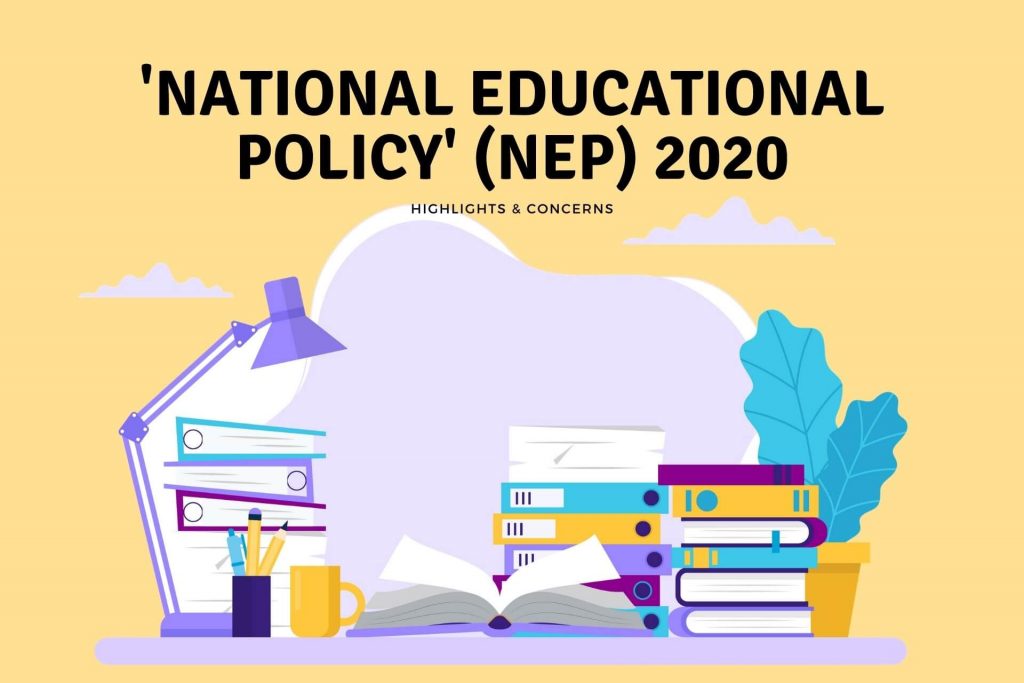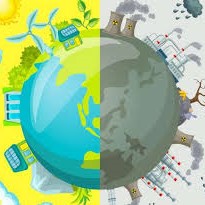India is gradually diversifying and rebuilding itself to make ‘New India’ as one of the vibrant knowledge society of the world. Indian education system is reconstructing itself as a network of research, knowledge, and training intertwined with deep sense of social responsibilities, encouraging community involvement and social participation.
In India, universities are being conceptualized as one of the development engines for growth in the areas they are set up. Higher education institutions in India are moving towards cross roads in understanding the importance and role played by villages, tribal areas, slums, and impoverished zones.
We all are aware how corona virus pandemic has displaced migrant’s laborers’ from work in various states. Due to this, their children too became displaced from schools and colleges. To realize social responsibility to stop exclusion of children of migrants, the HRD ministry was trying to simplify bureaucratic arrangements of examination system. The expansion of online education and a flexible examination system as initiated by Ministry may also help these displaced communities to be included in the circuit of education.
The NEP 2020 aims at making “India, a worldwide knowledge superpower”.
When we introspect into the Policy, we have easily understood the changes recommended at different levels by the experts. This policy is proposed with an aim to transform India into a vibrant knowledge society making both school and college education more holistic, flexible, multidisciplinary, suited to 21st century needs and aimed toward bringing out the unique capabilities of every student.
Early childhood education: The formative years of School will not emphasize only on Memory and Marks beyond that the Key aspects like –
• Developing Curiosity
• Logical thinking
• Reasoning
• Arts, crafts & Music
• Bonding with nature
• Teamwork
• Moral Values
• Play-based learning
• Ethics
• Self-identity
• Emotional Quotient development
Students will have increased flexibility and selection of subjects in order that they choose their own paths consistent with their talents and interests.
There will be no rigid separations between arts and sciences between curricular and extra-curricular activities, between vocational and academic streams. The objective is to offer equal emphasis on all subjects-science, social sciences, art, languages, sports, mathematics – with integration of vocational and academic streams in class.
Multilingualism and the power of language
1. The medium of instruction until at least Grade 5, but preferably till Grade 8 and beyond, will be the home language/ mother tongue /local language/regional language.
2. Foreign languages, such as Korean, Japanese, Thai, French, German, Spanish, Portuguese, and Russian, will also be offered at the secondary level.
3. Indian Sign Language (ISL) will be standardized across the country and National and State curriculum materials developed, for use by students with hearing impairment.
Assessment Reforms –
1. Board exams for Grades 10 and 12 will be continued, but be reformed to eliminate the need for taking coaching classes (how many students will be able to afford for coaching class and how much difference it would bring in skilling every student, it’s been given a thought and elimination of coaching classes is a significant move).
2. Board exams are redesigned to encourage holistic development; and will also be made ‘easier’, by testing core capacities/competencies.
3. All students will take school examinations in Grade 3, 5, and 8 which will be conducted by the appropriate authority.
4. A new National Assessment Centre, PARAKH (Performance Assessment, Review, and Analysis of Knowledge for Holistic Development), will be set up as a standard- setting body for setting norms, standards, and guidelines for student assessment and evaluation for all recognized school boards of India.
Teacher recruitment and career path
Teachers will be recruited through robust, transparent processes. Promotions are going to be merit-based, and a mechanism for multi-source periodic performance appraisals are going to be put in situ . Progression paths to become educational administrators or teacher educators are going to be available for the teachers.
Vocational Education
• The strategic approach planned and proposed in the policy is ideal for seeing India in more developed context.
• By 2025, at least 50% of learners through the school and higher education system shall have exposure to vocational education. Beginning with vocational exposure at early ages in middle and secondary school, would surely give space for opportunities and also decrease the gap between academia and industry and also increase employable opportunities.
• Vocational education integration with higher education would be more smother and faster.
The relationship between social advantage, disadvantage and education has been well documented and has provided social policy with a conundrum that is difficult to solve.
However, government needs to provide or support and connect the digital dividend, the facilities like smartphones, laptops and internet access to underprivileged and migrant children is a major challenge and need real time solutions for inclusive transformation. The main challenge for the government to achieve desired goal is finding committed and visionary leaders for these universities and the other challenge is to provide sufficient budgetary support to the upper education institutions, who may lead transformative development projects among poor and marginal communities.
Sometimes its mere myth to compare Indian education with foreign universities. May be the best higher education institutions of the world such as those in the US and the UK work as knowledge centers that facilitate social change in society. They also appear as job provider and development facilitator. Somewhere we need to understand the ground reality in Indian scenario.
Inclusive education for grassroots empowerment in effective ways through which we can move towards a just society that is more sensitive to the needs of the less fortunate among us. It’s time our educational leaders implement and work for a common goal “Empowering the nation with education”.



